
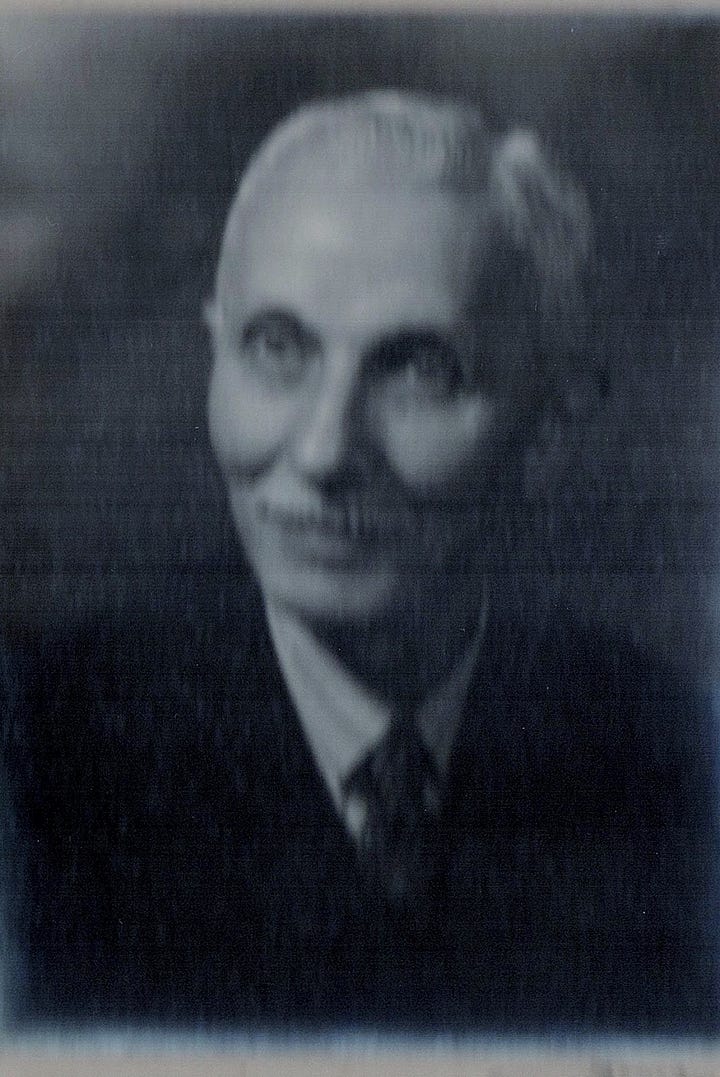
In the week where I’m packing up to go to France for six months and wondering what to take and what to throw out, I have qualms about how much rubbish we generate today. Yes, we recycle, but it’s a drop in the ocean compared with how much is thrown out every day.
I’m reminded of my grandparent’s attitude to rubbish. It was that there was no such thing. Everything had a use even in its afterlife. I was born after the war, (WW2 in case you’re wondering), but I remember the austerity in the late 50’s quite clearly and the frugality of life after rationing.
My grandparent’s and my parent’s generations didn’t sit around watching daytime tele - there wasn’t any. They listened to the radio while they saved string and brown paper, folding it neatly and storing it in the top drawer. Every knot had to be picked out; scissors were forbidden. I can still recall my grandmother’s voice saying ‘You unpick the knots, you have smaller fingers than me’. It was just an excuse really, because the adults didn’t like to waste any time in the day on fiddly jobs and didn’t like to see me sitting round idle. I still can’t cut string if I ever get some tied round a delivery. I have to unpick it, however long it takes.
The stock of brown paper and string came in handy when they sent parcels, which people did in those days, none of your online cop-outs. I remember being fascinated by their use of red sealing wax, which they heated with a cigarette lighter and dripped onto the parcel where the strings met. I didn’t ever ask why but assumed it was something to do with security, or more likely to stop the string unravelling en route.
Newspapers were kept for a number of purposes. They would wrap vegetable peelings up and place them on the open fire to damp it down, or throw the package on the compost heap, which everyone had in those days of ‘grow your own’ gardens. It was a necessity during the war and continued afterwards for many years, until cheap foreign imports flooded the supermarkets. Whenever garden produce was given to, or received by, relatives and friends, it would always be wrapped in newspaper brought from the pile in the shed.
The combination of newspaper and vinegar gave windows a better streakless shine than they ever get today, but today’s newspapers are printed digitally, no longer with real ink which is probably for the best as it used to come off on the reader’s hands, but sadly is no use for cleaning windows. The other important use of newspaper was to make ‘dollies’ to lay in the fireplace before placing kindling and coal on top to light the fire for the day. I still use the method for barbeques. Roll the paper up diagonally, then twist it round your hand and secure the end, but don’t try it with the colour supplement, it won’t burn well!
Clothes, especially socks were darned. They were mostly natural fabrics, wool and cotton. We were taught darning at school and I had to darn socks when I got home from school sometimes when the darning basket got full. I don’t think I was ever any good at it but no one ever complained. When I was older I was forced into bri-nylon nighties and sheets. I can understand that mothers thought they were a boon, easy to wash and dry and no ironing, but the static from them was shocking (pun intended).
I spent a lot of weekend time with grandparents because I was the oldest with two brothers following quite quickly, so I was a nuisance and mostly in the way at home. My mother was a bit overwhelmed having three kids under five. She was artistic and not very practical, so I admired my granny and aunties for the practical women they were.
Grandfather and the uncles sat reading newspapers and smoking pipes and only moved from armchairs to upright chairs when food was put on the table. Meal over, they would subside into armchairs again for a snooze and woe betide anyone who disturbed them. The women would tiptoe round them clearing the table and closing the door on the Head of Household (HOH). I was forbidden to make a noise and had to stay in the kitchen while my aunts would wash up and then sit at the table smoking and drinking tea, which seems odd now but normal then.
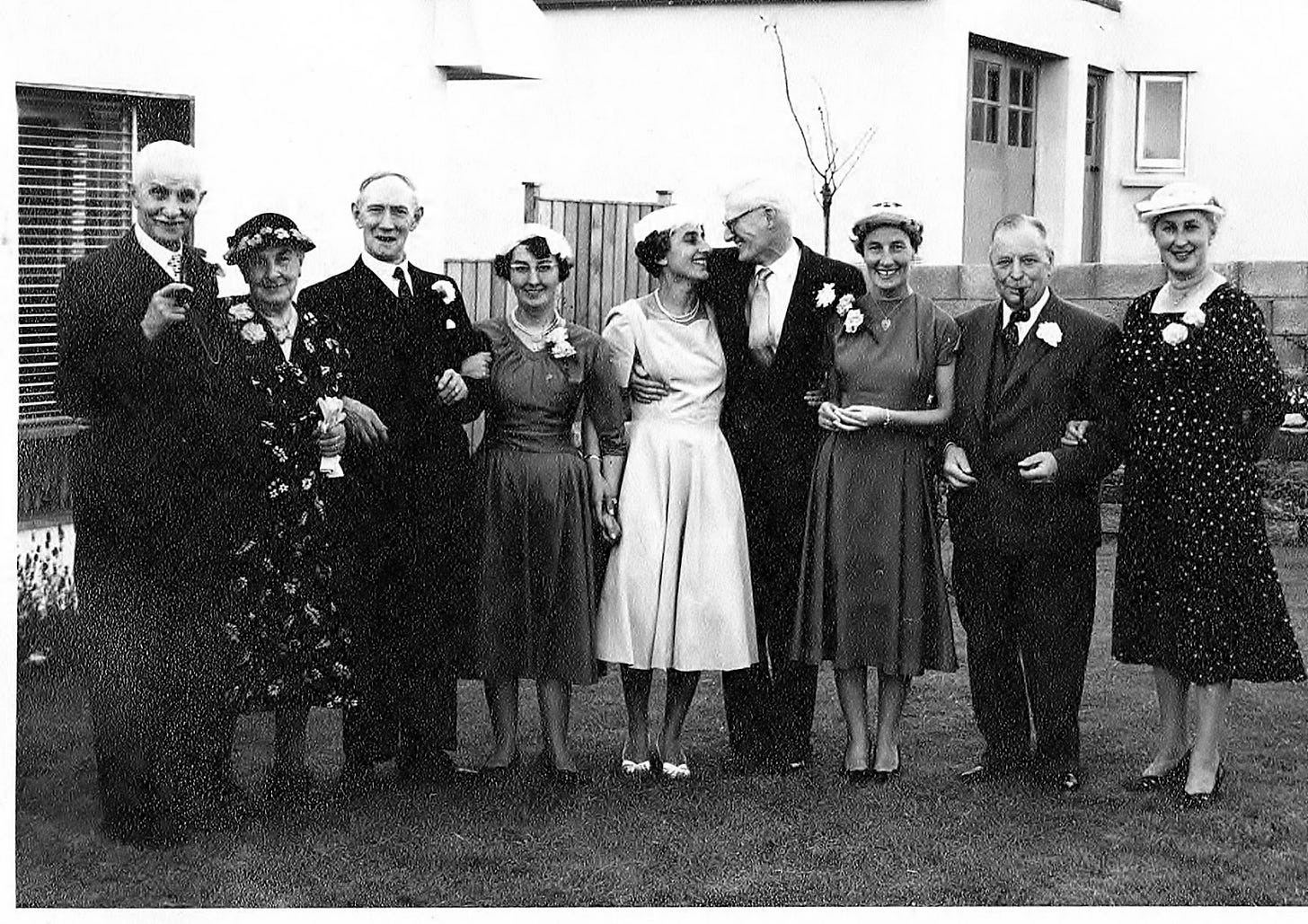
At some point HOH would rouse himself, knock out his pipe on the fireplace, stick his head round the door and announce that they were ready for a cup of tea and then would be going sailing/ going to his club/ buying whisky, depending on the tides and the time of year, although whisky buying was an all-year-round enterprise. He always ‘knew a man’.
Granny and the aunties would wash, dry and iron his clothes, make all his meals and clean the house, none of which he ever noticed, let alone acknowledged. Why would he? The transition he made going from mother to wife had been smooth and without a break, except for the inconvenience of being in the first world war. The only legacy from that seemed to be that he could polish his own shoes and that of his seven children when they were at home, usually on a Sunday night with much huffing and sighing. Then he would look very satisfied with his contribution for the rest of the week.
The men worked, I get that, but there was little or no recognition of the hard labour done by their wives. Before the days of labour-saving devices, washing was by hand or in a dolly tub, then mangled by hand and dried outside or on a pulley in the kitchen.

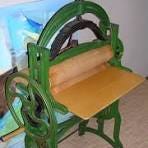
Ironing was done with a small iron, sometimes, like in my great aunt’s house, I was fascinated to see flat irons heated on the range, one heating and one being used, frequently swopped as soon as the iron started to lose heat.
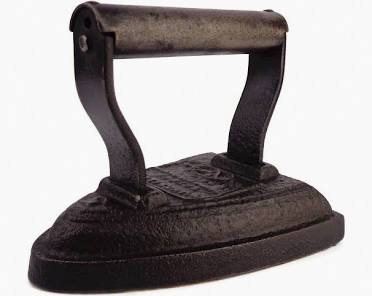
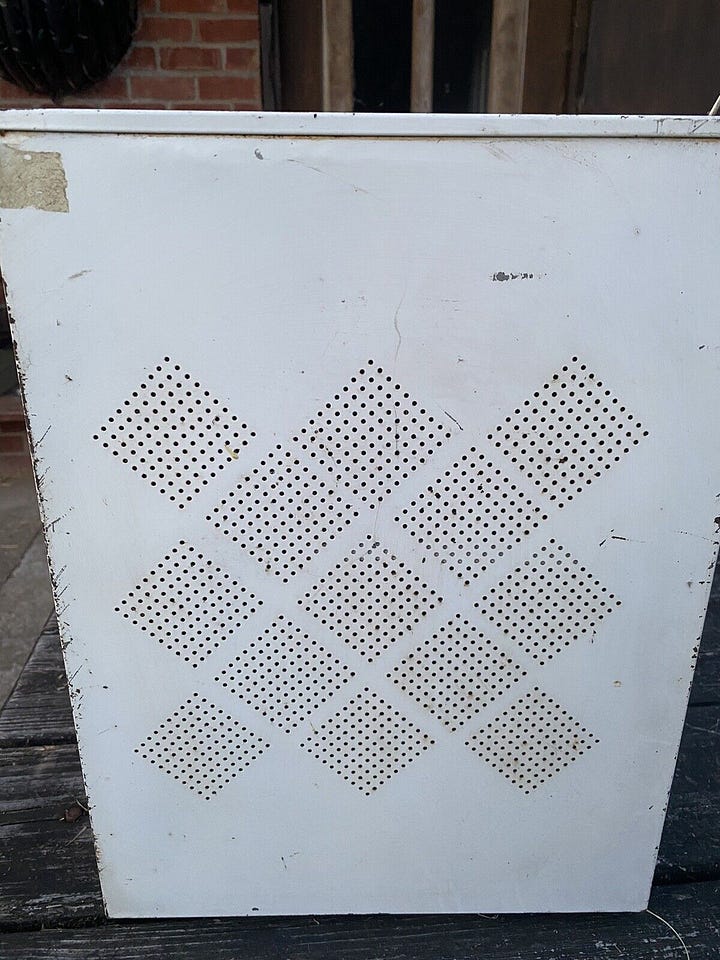
And then there was food storage without refrigerators. A meat safe in the shed. It was a cage halfway up the wall to prevent mice or rats getting at it, and meat and cheese could be left in there for a couple of days at least. The family made their own butter as most families did on the island by skimming off the cream from Jersey milk and beating it until the whey separated. That was often my job and I hated it!
Why am I thinking about all this now? I think it’s to do with packing up and leaving. When I had to clear my grandmother’s house after the last aunt died, the symbol from their lives was the drawer of brown paper, string and sealing wax. I couldn’t throw it away for years. It seemed a betrayal of all they stood for. It’s gone now, I’ve moved too many times to be sentimental about keepsakes, but I do keep string when I get it. I use it to tie up the tomatoes in the garden. Waste nothing, they used to say so I do my best to comply.
§§§§§§§§§§§§§§§§§§
I’ve read
Winter Siege by Ariana Franklin and Samantha Norman. This is a story which was started by the mother and finished by her daughter after her death. I thought the joins were seamless. If I hadn’t known the history behind the book, I wouldn’t have been aware that two authors had written it.
Set around 1141, two stories develop which concern a highborn, Maud, and a low-born woman, Em who, after a horrific attack is rescued and poses as a boy, Penda. Their stories meet around a bloody war whereby Matilda, Henry 1’s daughter, the rightful heir to the throne of England, is being hounded from safe castle to safe castle by Stephen who is determined to be king. There’s plenty of blood and gore, but a lot of humour too as it romps along to a fairly satisfying ending. The characters are well drawn and I look forward to reading more from Samantha Norman.
I listened on audible to
The Stone Witch of Florence by Anna Rasche. This book, set in 1348, was 10 years in the writing, but it was worth it. In the time of the Plague, Ginevra has magic powers to cure people using gemstones. It’s illegal and she is caught, but spared being burned at the stake. she is banished from Florence. Eight years later she is invited back because holy relics are being stolen and the bishop has an ulterior motive in getting her to seek them out. It’s well written and keeps you listening. The clash between magic superstition and religious superstition is fascinating.
I watched at the theatre
Loves Labours Lost at Shakespeare North. Firstly this new theatre in Prescot, built on the design of The Globe, is lovely and the staff are really friendly and helpful. The seats are a problem for some as only the back rows have backs to them, and they are a bit narrow for my ample backside. However that aside, it was a brilliant afternoon.
I didn’t know the play, not one I’ve ever seen or read, and given the adaptation, I probably don’t know any more now, but I really enjoyed not finding out what Shakespeare wrote. A talented bunch of eight actor/singer/dancers took on an adaptation by Elizabeth Godber, (late of Hull Truck), and they attacked it with verve and gusto. Set on Ibiza at stag and hen parties in the 1990s, it used a limited amount of the Bard’s verse, with plenty of modern references and cheesy 90s songs.
It was very accessible, proved by a busload of schoolgirls clapping, singing and being absorbed by the performance. I hope the company tour it to other towns. It deserves a wider audience.
Blood Brothers by Willy Russell at the Liverpool Empire. This version is the one that has been in the West End and touring for 20 years. It seems to have added bits along the way as I saw it about 30 years ago and it wasn’t three hours long then! Fabulously professional cast, great songs and set, but I think it could do with cutting a little, dragged a bit in places. The home crowd was on its feet cheering and stomping at the end, so I might be on my own there!
I watched on TV
Adolescence by Jack Thorne and Stephen Graham. I can’t really add much to the yards of words that have already been written about this programme. Stunning, shocking, revelatory are just some of reactions I felt. Having a thirteen-year old grandson myself, it was a hard watch. Each episode was filmed in one take and if you want to see some of the ways in which it was done, check out behind the scenes clips. I can only admire the young boy’s acting ability, especially since he hadn’t acted before this. He should have an amazing future ahead of him and in fact has been cast as the young Heathcliff in a new film version of Withering Heights.




You brought back memories of my grandmother's household. Completely different but the reluctance to throw things away. The constant repurposing (to use a modern word). I remember a large bag that became a handbag, then a smaller handbag, all the way down to my first wallet (I was 11). I think the generation that went through the scarcity caused by WWII all over Europe learnt to use what they had, to make the most out of things. Also, the 'quality over quantity' meant that things last longer, and because they were good quality they could not be thrown away.
This is lovely. You just made me travel in time to some life I might have live some time ago... or not. Thank you :)